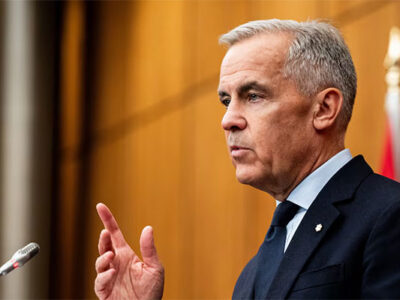San Francisco | November 11, 2014 – The Silicon Valley Toxics Coalition (SVTC) released its Fifth Annual 2014 Solar Scorecard which ranks manufacturers of solar photovoltaic (PV) modules according to a range of environmental, sustainability and social justice factors. Seven PV companies responded in detail to this fifth annual SVTC survey, with the remainder of the information gathered from publicly available documentation.
The solar PV industry has seen rapid growth in recent years, particularly in the contract manufacturing segment, which now accounts for more than 25 percent of the global PV supply. The seven companies that responded to the 2014 Solar Scorecard today represent just 25.2 percent of the total PV module market share.
“Although the solar market has expanded six-fold since 2009, the market share of companies committed to reporting environmental practices has declined,” said Sheila Davis, executive director of Silicon Valley Toxics Coalition. “The rise of ‘white box’ solar manufacturers has the potential to drive a race to the bottom. SVTC is concerned that companies who offer cheap products and hide their environmental footprint may be rewarded by the market.”
SVTC recognized two companies — SolarWorld and Yingli — for responding to the Solar Scorecard survey every year since 2010, demonstrating a consistent commitment to environmental stewardship despite significant disruptions in the solar industry. In addition to this recognition, SolarWorld has achieved the highest overall score across all five Solar Scorecards to date.
Mukesh Dulani, president of SolarWorld Americas Inc., noted: “As leaders in the solar power industry, we are committed not only to renewable energy, but also to transparency and responsible production, including independent verifications, such as SVTC’s Solar Scorecard. We encourage all of our competitors in this industry to embrace that same commitment.”
The PV manufacturers included in the 2014 Solar Scorecard comprise approximately 75 percent of the industry.
Key findings from this year’s solar scorecard and SVTC’s research throughout the last five years include:
– Trina (92), SunPower (88) and Yingli (81) earned the top scores in 2014. SolarWorld (73) and REC (71) remain among the top tier of industry environmental leaders.
– Ten PV manufacturers of the 37 scored by SVTC post annual hazardous chemical reduction targets on their websites or in sustainability reports.
– Three PV manufacturers (Trina, Yingli and Up Solar) have written letters to the Solar Energy Industries Association (SEIA) seeking action on recycling for PV modules in the United States. Over the past three SVTC surveys, 14 companies have said they would support public policy for an EPR scheme for PV modules (Aleo, Avancis, Axitec, Eurener, First Solar, REC, SolarWorld, Solon, SoloPower, SunPower, Suntech, Trina, Up Solar and Yingli).
– Four PV manufacturers (SolarWorld, Yingli, REC and Sharp) conduct extensive chemical emissions disclosure and reporting (although REC has not updated its 2013 data). Thirteen companies (one less than in 2012) reported one or more categories of emissions (hazardous waste, heavy metals, air pollution, ozone depleting substances, landfill disposal).
– SunPower achieved a Cradle to Cradle® Silver Certification http://www.c2ccertified.org/ for some of its PV modules, which required extensive evaluation and reporting on manufacturing practices.
– Zero companies can provide documentation to verify that their supply chains do not contain conflict minerals based on the due diligence guidelines set by the OECD. Twelve companies are engaged in or have started the process of due diligence to determine if conflict minerals are present in their supply chains.
“It’s critically important for companies to collect and report chemical use and emissions data,” said Assistant Professor Dustin Mulvaney of San Jose State University, SVTC’s science advisor. “The more transparency there is on this issue, the more likely it is that companies will be able to compete to reduce their emissions per PV module.”
As for next steps, SVTC plans to use the Solar Scorecard as the basis for a new environmental leadership standard for solar PV modules. SVTC will partner with renewable energy and green procurement leaders, as well as the nonprofit Green Electronic Council (GEC), to expand the Scorecard into a standard that meets the criteria of the American National Standards Institute (ANSI).
“Environmental procurement is greatly simplified when performance criteria are codified in credible leadership standards,” said Robert Frisbee, GEC’s CEO. “SVTC’s hard work on the Scorecard and its intention to launch development of such a standard are commendable. We look forward to helping engage relevant stakeholders in the development process.”
Developing an environmental leadership standard endorsed by multiple stakeholder groups ordinarily takes approximately 18 to 24 months. SVTC’s goal is to create a solar PV standard that meets the qualifications for consideration on the EPEAT Registry.
The full results of the 2014 Solar Scorecard can be found here.














Comments